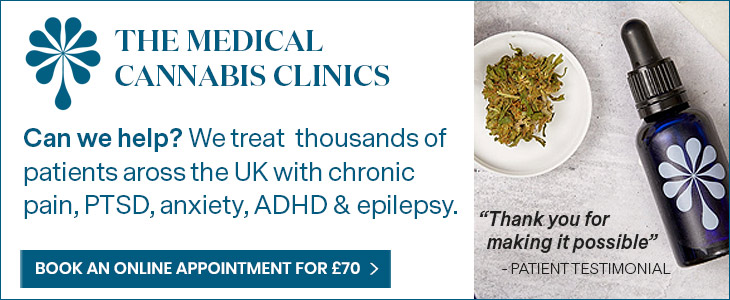There are thousands of different terpenes in existence that may help with different health conditions. We ask what terpenes are best for anxiety
Anxiety is one of the most common emotions. It is a natural reaction to stress creating fear or apprehensive feeling about what might happen. While anxiety can happen to everyone from time to time, there are some people who struggle with strong feelings of anxiety every day.
Could terpenes found in cannabis or CBD may a part in anxiety-relief?
What are terpenes?
Terpenes are the active aromatic molecules found in plants that cause smell and taste. Most people associate them with cannabis plants as they are high in concentration but there are other plants or fruits such as pine, lavender and lemon.
In nature, these terpenes protect the plants from animal grazing or infectious germs. Some terpenes play a protective role in helping the plant to recover from damage. Others can act as an immune system to keep away infectious diseases.
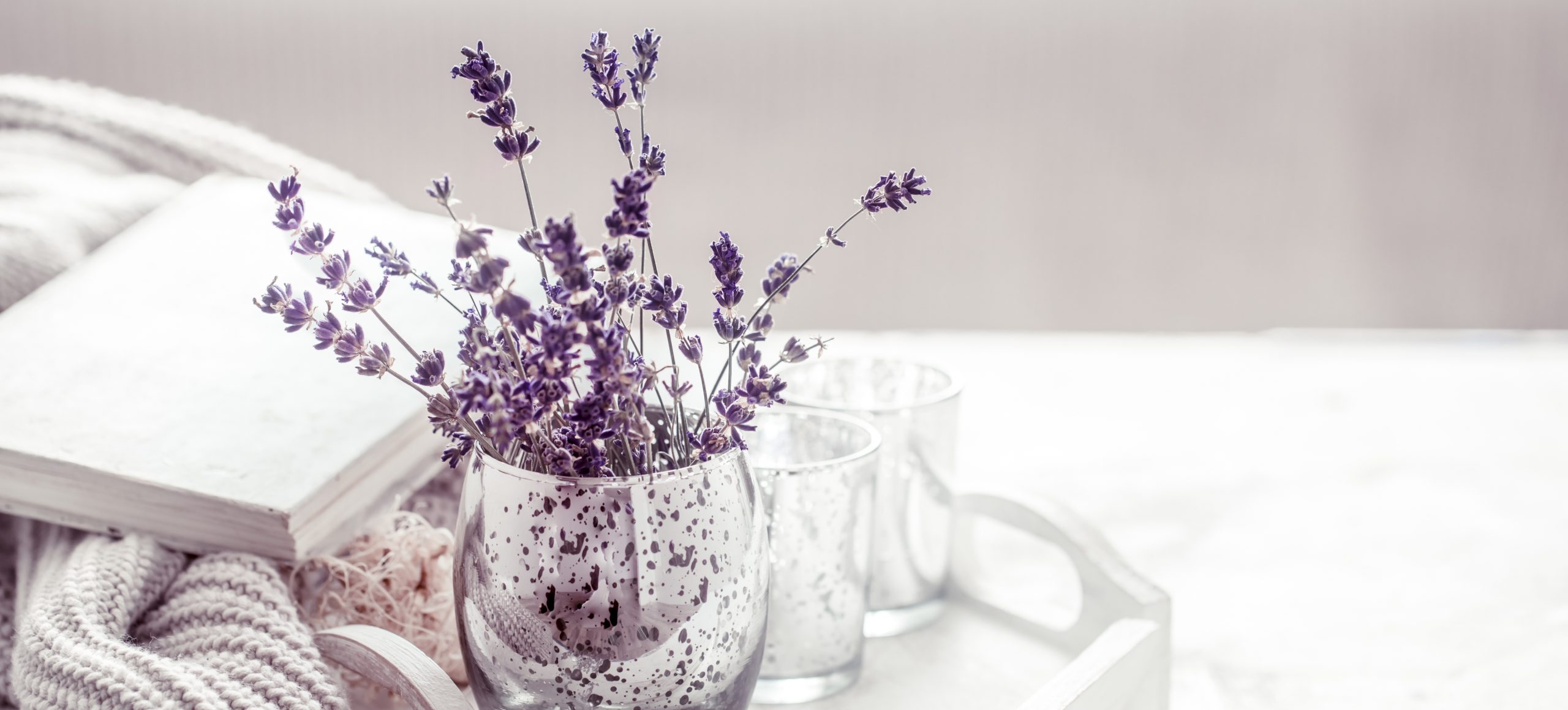
What terpenes help with anxiety?
Linalool
Linalool is most commonly found in lavender. It may have the same benefits that CBD is associated with such as reducing anxiety, depression and sleep issues. This is why lavender is often associated with sleep. Linalool can also be found in geraniums, roses, chamomile and cannabis. It may also increase adenosine which is a sedating hormone that can help us to fall asleep.
One study on mice revealed that inhaled linalool may reduce anxiety, aggressiveness and increase social interaction. It showed anxiolytic properties (anti-anxiety properties) in light/dark tests. In higher doses of linalool, the mice showed decreased aggressiveness and increased social interaction however researchers noted impaired memory. They concluded that linalool essential oils may help with relaxation and decreased anxiety.
A study reported that linalool could potentially help to reduce sleep problems in dementia patients. During the study, 19 patients inhaled lavender before trying to fall asleep for 20 days. The patients reported better, longer sleep on the days where they inhaled the lavender than when they did not.
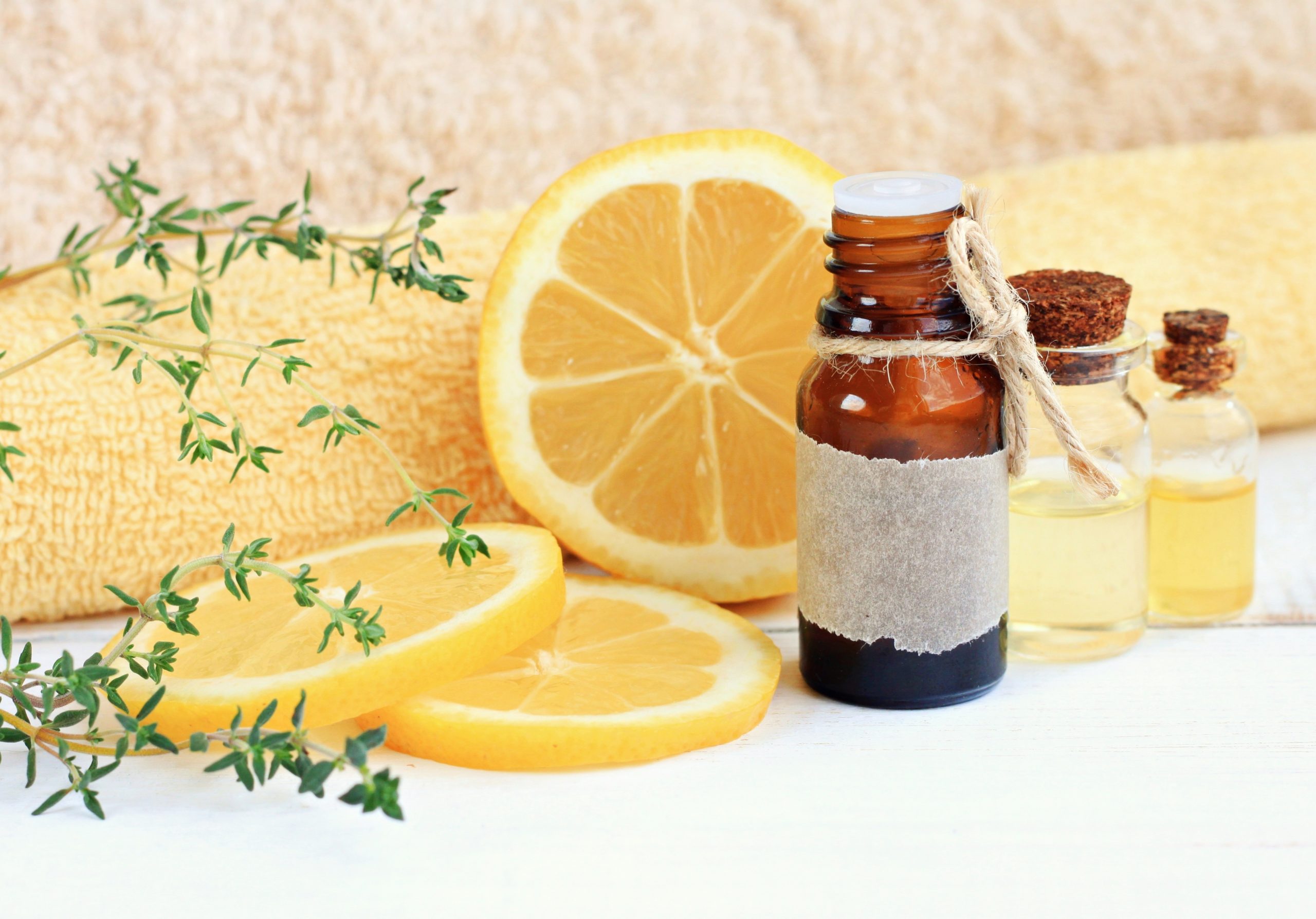
Limonene
Limonene is often found in citrus fruits or plants such as oranges or lemons. It is especially strong in oranges as it makes up 97 per cent of the rind. Limonene is often used for a variety of different items such as cleaning or beauty products due to its antibacterial properties.
It is thought to have antibacterial, anti-inflammatory, disease-preventing properties. It’s the potential anti-stress properties that make it a great terpene for anxiety in particular. It is also the third most common terpene found in cannabis plants and the second most common terpene found in nature. In cannabis, the terpene is produced in the flower’s resin glands. Although certain strands may be higher than others in limonene, it is usually found in trace amounts of less than 0.2 per cent.
It isn’t just found in citrus fruits, limonene is also present in mint, juniper, rosemary, pine, and fennel.
A study involving an elevated maze model of rats with anxiety suggest it may help as an anti-stress agent when used in aromatherapy.
In another recent study, mice were injected with saline in a control group and limonene in a test group before their behaviour was assessed. The mice showed increased locomotor activity and open-arm preference in the elevated plus-maze experiment. The mice given limonene showed increased expression of proteins and significantly upregulated dopamine levels in the striatum. The striatum contains brain activity related to movements and rewards.
Inhalation of limonene vapour may also increase serotonin and dopamine levels in the brain. Serotonin is a hormone responsible for stabilising our moods, while dopamine sends signals to the brain that affect mood, sleep, memory, learning and concentration.
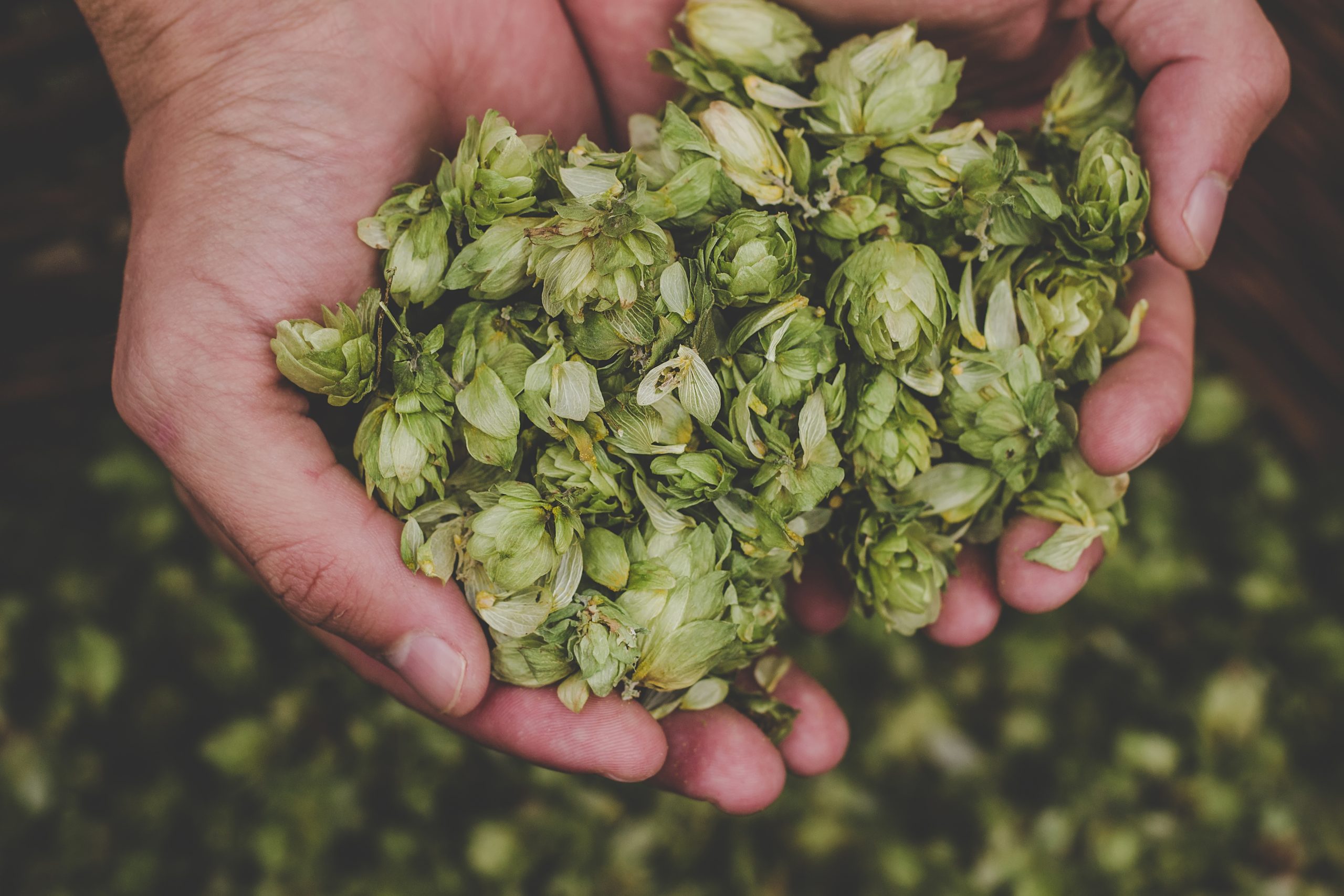
Myrcene
Myrcene is the most common terpene found in cannabis. It is thought to have sedative and calming effects which could make it a great choice for anxiety. It is usually found in lemongrass, thyme or hops and has a peppery or spicy scent.
One study revealed that myrcene given in large doses may have muscle relaxant effects on mice. The amount of time the mice spent asleep was increased when used along with tablets that have sedative effects.
One thing to watch out for is that it is synergistic with THC. This means that those using THC may experience stronger ‘high-like’ effects when combining both. This is potentially why there are concerns that myrcene may cause anxiety.
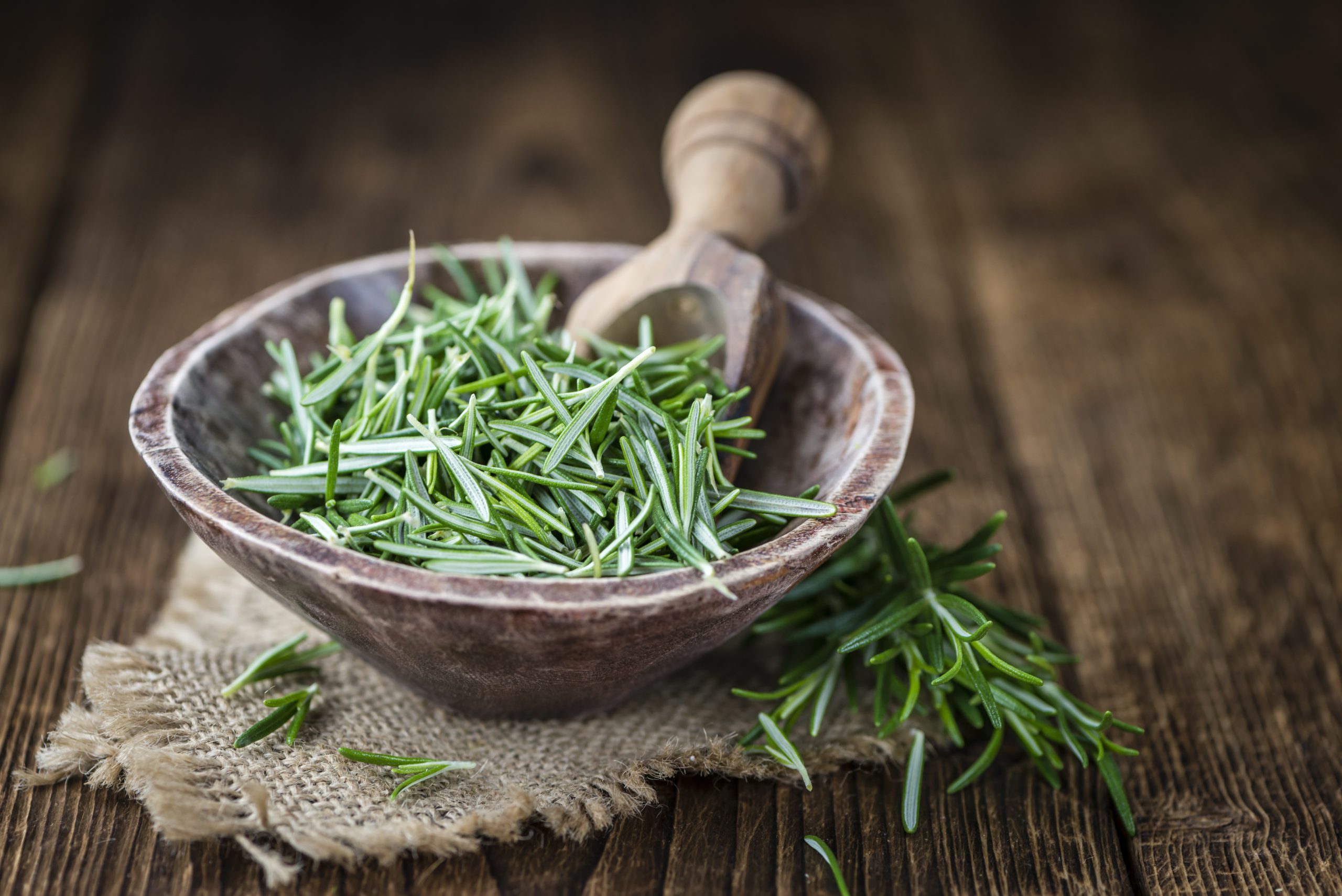
Alpha-pinene
Pinene is often associated with feelings of calm. This may be because it is a bronchodilator that opens up the lungs to allow more oxygen which in turn is transmitted to the bloodstream and tissues. Deep breathing may in turn increase the relaxation felt as more oxygen hits the brain.
Alpha-pinene is also found in parsley, dill, basil, rosemary, and some varieties of citrus.
A study from 2019 showed that inhalation of alpha-pinene potentially reduced anxiety in mice. The mice were observed for dizocilpine (MK-801-) induced schizophrenia-like behavioural abnormalities including hyperactivity and anxiety.
The authors wrote: “These results suggest that α-pinene acts to reduce MK-801-induced behavioural abnormalities resembling those seen in neuropsychiatric disorders. Therefore, both medicinal plants and essential oils containing α-pinene may have the potential for therapeutic treatment of schizophrenia.”
How do I take different terpenes?
There are different ways to take particular terpenes.
It comes down to personal preference when choosing a way to take terpenes. CBD and cannabis brands are now introducing terpene profiles into their products for different health needs.
Some people may prefer to add herbs or plants to their diet where possible such as rosemary, hops or dill. Others may choose vaping or oils.
Essential oils or cosmetic products containing both can also help if you are struggling with muscle pains or stiffness. Oil diffusers can also distribute the scent into the air to be inhaled. They can also be pressed into the temples or pressure points on the body to relieve stress or tension. Some people even add linalool (in lavender form) to their bed linen to get a good night’s sleep.
The post CBD guides: What terpenes are best for anxiety? appeared first on Cannabis Health News.

